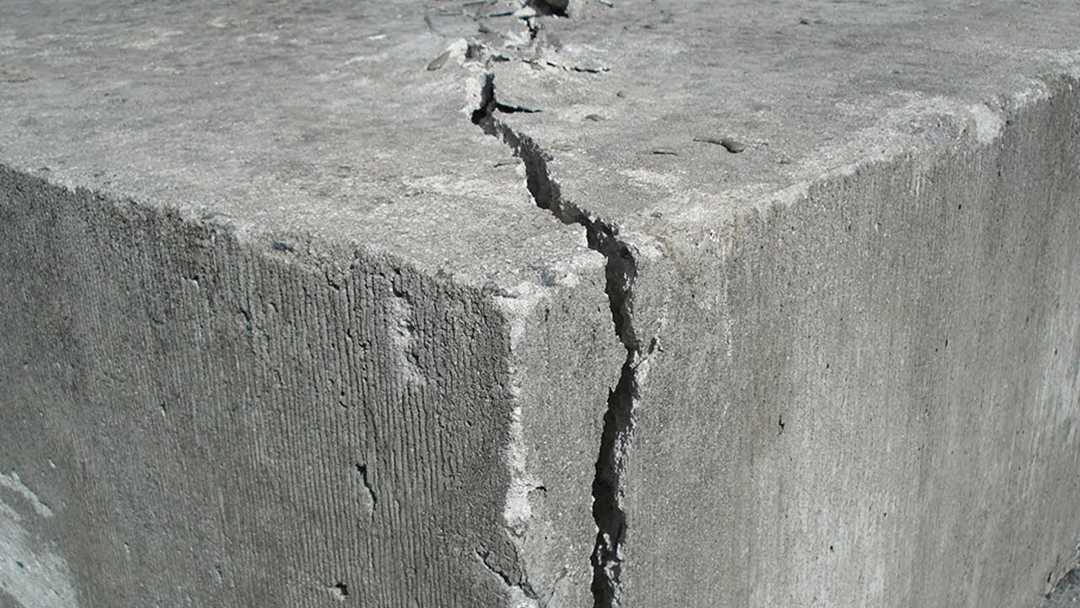Cracks in your concrete pavement might seem inevitable in most circumstances and can be impossible to prevent if you lack skills in identifying situations leading to severe damage.
The following guide will help you better grasp the most common contributing factors to cracks in concrete. Each section will explain why these cracks emerge and how you can address them. Generally, you’ll need to work with a professional concrete contractor to assess and manage the issue in the best way possible.
A Poor Selection of Materials

Many individuals assume that all concrete mixes are the same and that they can achieve the same results from them no matter what they purchase! And as convenient as it sounds, this isn’t the case. Many kinds of cement and pavement materials are made for decorative items and can crack if used in high-traffic areas like driveways.
So, remember, you’ll need specialized concrete designed for that specific purpose to prevent cracks and other surface damage.
Heavy Weight
Although concrete can handle different elements, it can still get damaged if you add too much weight on top. And this issue is expected along the more damage-prone areas like the edges of driveways. These can spread cracks throughout the surface of your concrete pavements fast.
Intense Temperature Changes
Generally, concrete pavements are strong enough to handle various temperature changes. Still, it may experience problems in extreme instances. For instance, intense and quick temperature changes can expand and contract with water within your pavement, causing cracks to emerge.
Poor Management in Drying

No cracks should appear on your pavement surface once you pour in the concrete and maintain it well. But poor drying management can lead to complications with how well your pavement will settle. For instance, the temperature can be too cold, and the concrete might not dry as well as you’d wish.
Or worse, your concrete might not have enough moisture, causing it to become too brittle or stiff. And this can result in surface cracking as it dries. In this instance, you’ll need to add more water to your concrete mix and only pour it during warmer and drier days to avoid complications.
Overwatering the Pavement Mix
One of the most vital contributing factors to cracked or damaged concrete is adding too much water to the concrete pavement mix. Although water is necessary for the pouring process, too much of it in pavement cement makes it less sturdy and secure. And even if the wet pavement will dry up and become durable enough to support your cars, it’ll be more susceptible to damage than other types.
Ground Movement
Although you may assume the ground under your pavement is stable, this is far from the truth. After all, the dirt and soil under your driveway will likely go through many changes, like heaving and settling. And these can damage your pavement over time, resulting in severe cracks.
You’ll be able to care for and manage your concrete pavements better by working with a licensed concrete contractor. They can give you the best advice for different construction projects, whether simple or complex.
